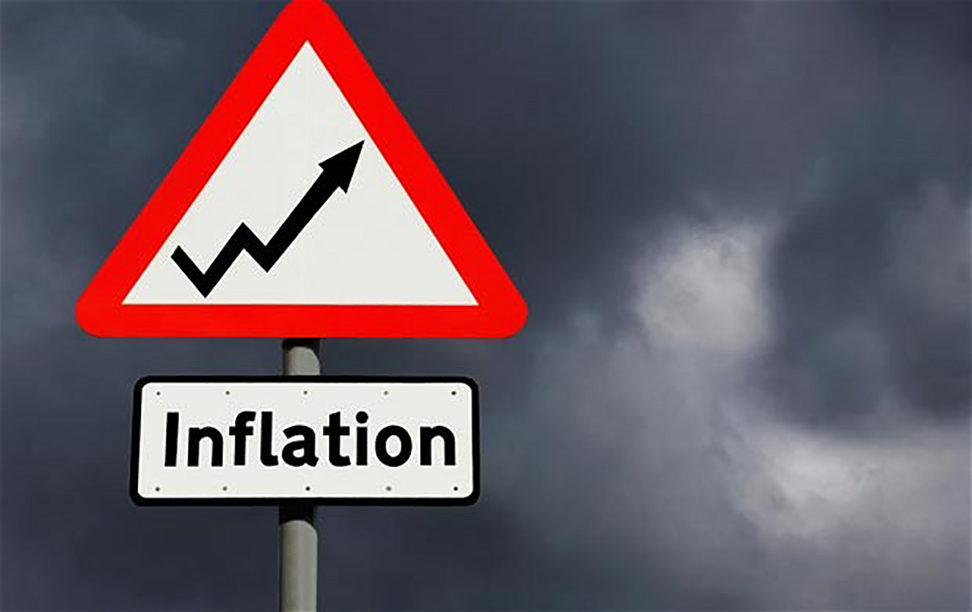Persistent Inflation Amid IMF-Backed Energy Hikes and Currency Struggles
The finance ministry estimated a moderation in gains, ranging between 27.5% and 28.5% in December, suggesting a cautious optimism amid economic uncertainties.

In December, headline inflation continued its upward trend for the second consecutive month, defying expectations and registering an increase of 29.66% year-on-year. This surge, driven by International Monetary Fund (IMF)-endorsed rises in energy costs and a weakened currency, exceeded the 29.05% median estimate from a Bloomberg survey and surpassed November's reading of 29.23%, as reported by Bloomberg.
Contrary to projections by the State Bank of Pakistan, which maintained its benchmark interest rate for the fourth consecutive meeting last month in anticipation of the IMF's approval for a $700 million loan payout, inflationary pressures persisted.
The executive board of the IMF is scheduled to convene on January 11, 2024, to address these economic challenges.
The substantial 20% depreciation of Pakistan's currency in the previous year, ranking it among the worst-performing globally, contributed significantly to the inflationary surge, intensifying the burden on consumers.
While the central bank anticipates a moderation in Asia's fastest inflation in the coming months due to a decrease in international commodity prices, the December figures remain elevated, indicating ongoing challenges.
To maintain the IMF bailout trajectory, authorities have implemented measures such as tax hikes and increased energy costs, directly impacting consumers and amplifying economic pressures.
In the lead-up to the national elections scheduled for February, the caretaker government responded to public concerns by reducing retail gasoline prices by Rs64 ($0.23) per liter over the past three months. This move aimed to align domestic prices with global oil fluctuations after a series of rate hikes in the preceding 12 months.
Official data reveals a 28.6% year-on-year increase in transport prices and a 27.5% rise in food costs in December. Additionally, housing, water, gas, and electricity prices experienced a substantial uptick of 37.68%.








